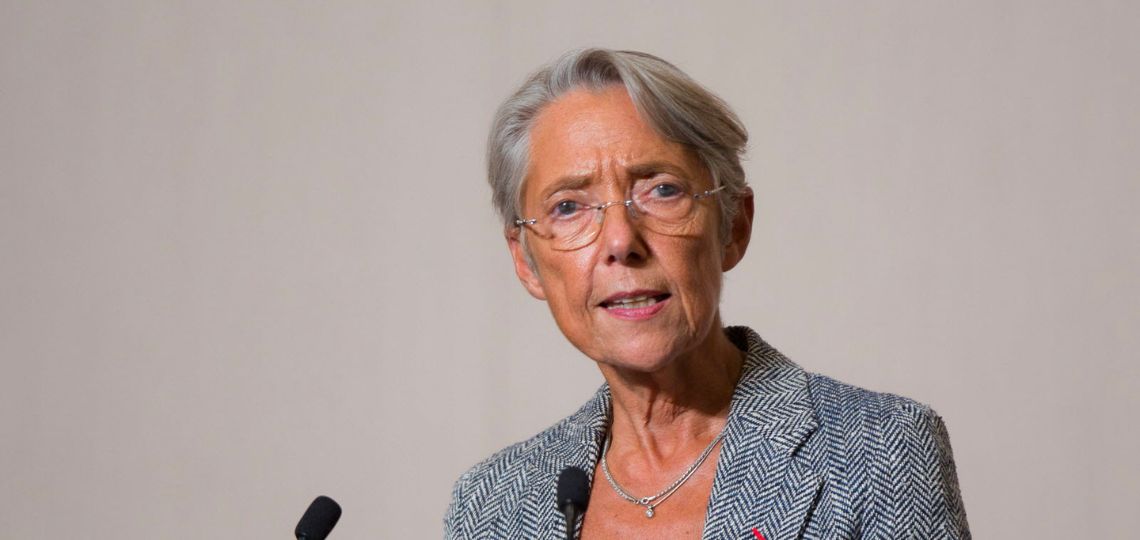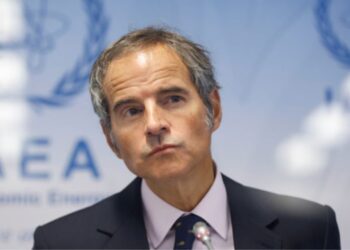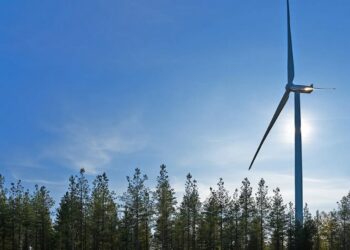Sports, work, government, trade, industry … All sectors have been solicited: the French government presents Thursday with great fanfare its plan for energy sobriety, intended to prepare for a difficult winter, without Russian gas and with many nuclear reactors stopped.
Among the “dozens of measures” planned, there is a call to heat and light less, an encouragement to telecommute, a financial incentive to carpooling or the cutting of hot water in the administrations (except showers)…
The goal is to reduce France’s energy consumption by 10% in two years, and in the meantime to ensure that the country spends the winter without gas or electricity cuts.
Half a century after the first oil crisis, French households and businesses will have to relearn how to reduce their electricity consumption during peak hours, in the morning and evening, and burn less gas throughout the winter, to save the reserves that are full but do not need to be replaced.
will not be enough.
To emphasize the urgency of the situation, no less than nine ministers will be present throughout the afternoon, exchanging with local elected officials, business representatives and the High Council for the Climate, to present these “savings measures”, the result of several months of work.
The event, at the Parc des expositions de la porte de Versailles in Paris, will be closed by the Prime Minister Elisabeth Borne.
It was she and her Minister of Energy Transition who announced the launch of this plan at the end of June, the “first step” in reducing France’s energy consumption by 40% by 2050 and working towards carbon neutrality. “In the longer term, energy sobriety will be
fundamental to achieving our climate goals,” they said.
“This sobriety plan is a voluntary long-term plan that starts from the field and is intended to be irreversible,” said Wednesday the Minister Agnes Pannier-Runacher before the deputies. “It mobilizes first and foremost the major companies, the major local authorities and obviously the State, because
the effort must come first from those who have the most means and those who have the most impact”.
– Warm water and telecommuting –
The heating of water represents 10% of the energy for public buildings, explains the Ministry of the Civil Service, which must also announce an increase of 15% of the telework compensation, to 2.88 euros per day.
At the heart of the recommendations is the famous maintenance of the indoor temperature at 19°C, in the energy code since 1978.
“It’s the law, but customers were asking us for 21°C or even 22°C, because the price of fossil fuels was low,” says Pierre de Montlivault, president of the energy services federation. “Today the conditions are met so that together, companies, syndicates, lessors…” do it “for good”.
On the side of the sport, represented on Thursday in particular by Tony Estanguet, of the organizing committee of the Paris 2024 Olympic Games, one foresees to lower the heating of the equipments, one degree less in the swimming pools, and a moderation of the lightings before and after matches.
In terms of lighting, a decree was published Thursday in the Official Journal to generalize the extinction of lights in stores and illuminated advertising between 1 and 6 hours.
Thursday will also see the launch of a communication campaign to hammer home the point that “every gesture counts”… But “there is no question of asking for additional efforts from the 12 million French people in a situation of energy insecurity”, said Mrs Pannier-Runacher.
With the surge in energy prices, fueled by the post-Covid recovery and the war in Ukraine but also by the problems of the nuclear reactors of Electricité de France (EDF), the word “sobriety” has arrived at the heart of public policies, after having often been taboo.
In advance, environmental NGOs have welcomed the government’s approach, while calling, as France Nature Environnement (FNE), to “see further than the end of the winter”.
Anne Bringault, who will speak on Thursday for the Climate Action Network, already doubts that the -10% target will be reached in two years, as long as “we remain essentially at the level of encouragement and incentives, with no planned follow-up of the commitments made and the real impacts of the measures”.






